Physical Appearance
- At 3/8" to ¾" long, the Dampwood termite is larger than both the Drywood and Subterranean.
- Soldiers defend the colony against other insects that might attack the colony; they have a flattened brown head with long dark brown to black mandibles.
- Reproductives are dark brown with brown wings.
- Nymphs are creamy colored with a spotted pattern on the abdomen caused by food in their intestines
Habitat
Dampwood Termites do not require soil contact for moisture, but they do require wood with high moisture content. They often nest in wood that is partially buried in the ground such as tree stumps or fallen branches. Dampwood Termites are associated with decaying wood, whereas the Dry wood termite prefers non-decaying wood. In and around the home, you may find Dampwood termites nesting in the rotting planks of an old deck, around leaky showers and tubs, leaky roof eaves, and other construction elements with insufficient ventilation. There are several species of Dampwood termites found throughout the US.
- The Pacific Dampwood- often found in cool, humid, coastal areas with low altitudes such as Oregon, California, and Washington.
- The Nevada Dampwood- frequently found in baseboards and door frames of buildings, and in fence posts; prefers the higher, drier, mountain regions of the Sierras. This species also occurs along the northern coast of California. Diffent from the Pacific variation in that it attacks moist wood only. Swarming occurs in late summer evenings after a rain.
- The Florida Dampwood- this species is a common pest of buildings in the most southeastern Florida counties, and in the Florida Keys. This species prefers solid, damp logs near ocean water, and may also inhabit logs beneath the soil, though soil contact is not required.
Behavior
The work of the Dampwood termite colony is performed by soldiers or "reproductives", as there are no workers. Dampwood termites swarm in small numbers several times over the course of a year.
Feeding Habits
Dampwood Termites eat decaying wood and other cellulose materials in homes, furniture, dying trees and utility poles with high moisture content.
Signs of Infestation
1. Shed wings
2. Ejected wood pellets
3. The "velvety appearance" of wood galleries
4. Piles of fecal pellets outside wood galleries which are elongated (approx .03" long) and round on the ends, but lacking the six flattened surfaces of Drywood termite pellets
Methods for Moisture Reduction
Reducing the amount of moisture in infested areas is one of the best ways to control Dampwood termites in preparation for chemical application. Where damp and rotted wood is not able to be removed, a soil treatment or baiting system would be in order.
- Repair leaky construction and plumbing elements
- Increase ventilation
- Assure that all drains are working properly
- Make construction adjustments to minimize contact with wood and soil
Recommended Products for Dampwood Termite Control:
- Boracare- Provides prevention and control of Termites, Carpenter Ants, Powderpost Beetles and Wood Decay Fungi
- Cyper TC (Demon TC) Termiticide- Cypermethrin based product that acts as a repellant termiticide to control subterranean termite infestations. 5 Year Residual.
- Phantom Termiticide Insecticide -Kills termites by ingestion and contact. Powerful insecticide for ants and cockroaches. Phantom has met New York's stringent environmental requirements and gained state registration.
- Tengard SFR One-Shot Liquid Termiticide/Insecticide -Broad-spectrum insecticide provides excellent control of subterranean termites in pre-and post-construction applications.
- Termidor SC- Termidor SC is one of the most effective termiticides and ant control products available today
For more detailed information on Dampwood Termite prevention and control, see How to Get Rid of Dampwood Termites .
Products:
View all Termite Control Products
Liquid Termite Control
Termite Bait Systems
Related pages:
How to do a termite treatment
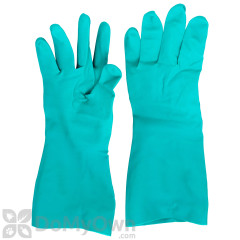
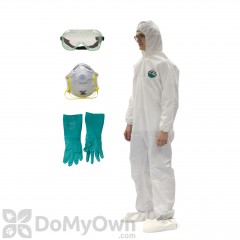
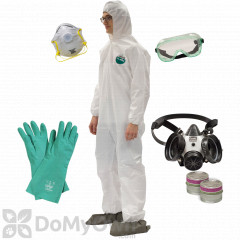
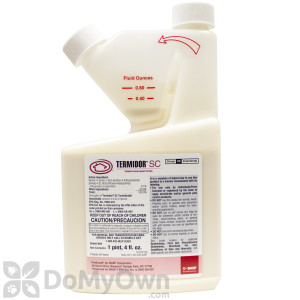
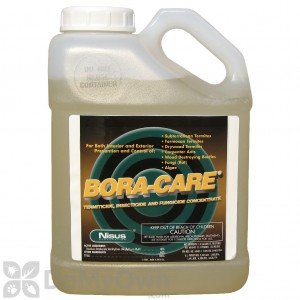
/1331_with_trelona_(003).jpg.thumb_300x300.jpg)